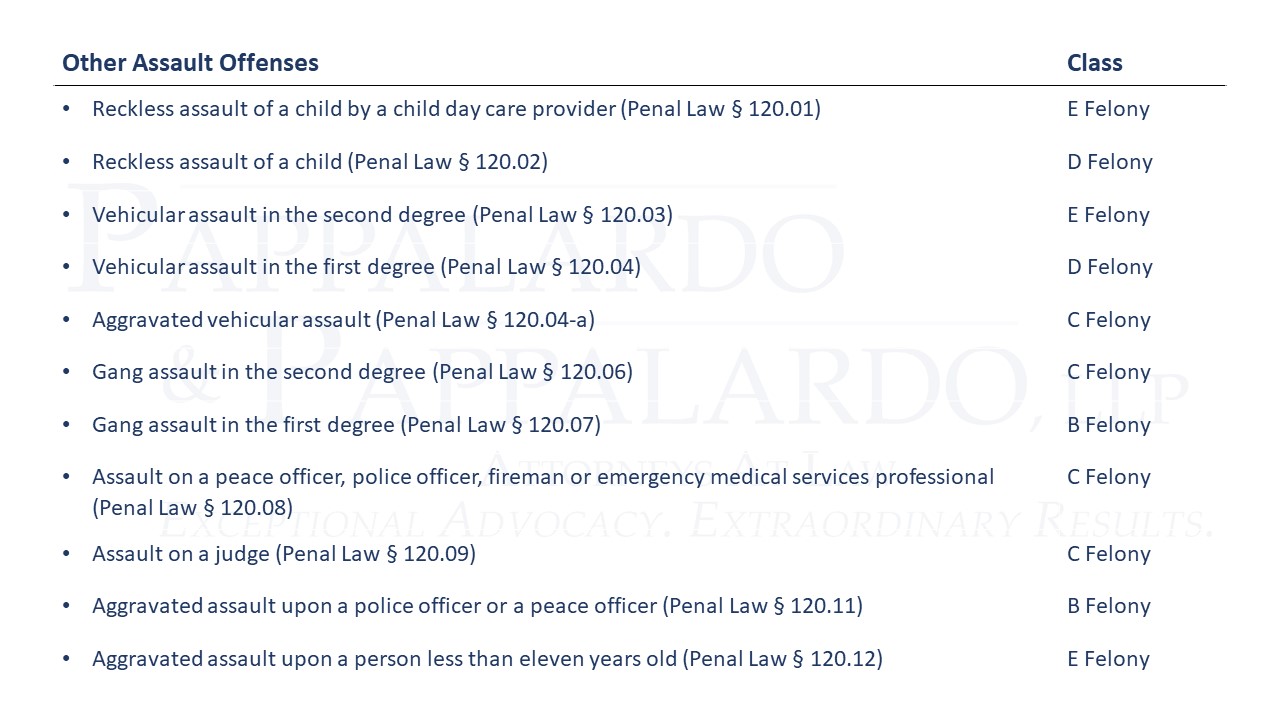Assault-sec Degree - Assault in the second degree is one of the most common crimes in Maryland. Almost any altercation that turns physical and does not result in serious bodily injury can be charged as second degree assault. Domestic violence scenarios are the most common types of second and second degree assault cases handled by our attorneys. However, we see several heated arguments and neighbor disputes that escalate and end with someone, if not everyone, being charged with second degree assault.
Our team has experience handling the full range of second degree assault cases, from disputes between strangers to confrontations with police officers. Baltimore Defense Attorney Randolph Rice breaks down the many laws and facts about second degree assault that you may not know.
Assault-sec Degree

Assault in the second degree is a crime that prohibits the person from injuring or attempting to injure another person. Assault in the second degree is codified under Maryland Penal Code 3-203. That's the lesser of two assault charges in Maryland, the other being first-degree assault.
Assault Second Degree (d Felony) (felony Assault; Physical
If a person uses an object or part of their body to make an offensive physical contact with another person, it can be considered second degree assault if it is not accidental.
Second degree assault charges can include assault and/or battery charges. Second degree assault is the lesser of two possible assault charges in Maryland. Assault in the first degree is a more serious crime. Police and prosecutors often charge someone involved in a serious physical altercation with both first-degree and second-degree assault, especially if the fight has escalated from a second-degree to a first-degree situation.
These three options do not change the underlying crime, they are just theories that the state can use to prove the crime.
Intimidation is second degree assault. If a person intentionally intimidates another person by threatening direct physical contact or physical injury, that person can be charged with second degree assault. A clear example of trying to intimidate someone is a cheerleader who intimidates someone with a hammer.
Nd Degree Assault Maryland First Offense. Criminal Lawyers
A person who attempts to commit assault or battery can be charged with second-degree assault, even if that person never touches another person. Battery is attempting to cause offensive physical contact or bodily harm to another person. For example, if Person A tries to hit Person B but misses, Person A has tried to hit Person B.
The terms battery and assault can be used interchangeably. Battery is an offensive physical contact with another person, thus second degree assault. Although you may often hear the terms "assault and battery" used interchangeably, they are not actually separate criminal offenses. An example of battery could be kicking, punching, kicking, or even spitting on another person.
Those convicted of second-degree assault can face up to 10 years in prison. In addition to a possible ten-year sentence, the maximum fine for second-degree assault in Maryland is $2,500.

Penalties for second degree assault vary depending on the facts of the case, the judge and the state attorney's recommendation. Our Maryland second degree assault attorneys have the experience to determine a person's sentence based on the specifics of the case. We are also ready to negotiate with prosecutors and fight for fair sentences in court.
New Jersey Passes Legislation To Elevate Strangulation Assault To A Second Degree Crime
Assault in the second degree is almost always classified as a felony in Maryland. Only one count of second-degree assault counts as a felony. In Maryland, assault in the second degree is a felony if the victim is a law enforcement officer and there is physical injury.
If both of these conditions are met, assault in the second degree carries a maximum penalty of 10 years in prison and a $5,000 fine. Assault in the second degree is not dismissed.
If a person is charged with a second-degree assault on a law enforcement officer, they can be convicted of a misdemeanor if a judge or jury finds that the officer suffered physical injury. "Physical injury" means any deterioration of physical condition if a law enforcement officer is injured and does not include minor injuries to the law enforcement officer.
The state's attorney can dismiss the assault charge, but they usually don't dismiss the charges until the day of trial. If the victim and defendant agree to plead guilty, the state can dismiss the case. However, the decision to dismiss assault charges is at the discretion of the state attorney handling the case.
Stratford Police: New Haven Teen Charged With December Carjacking
There are different defenses to a second assault offense in Maryland. Under Maryland law, a person charged with second-degree assault can raise several possible defenses, including:
Syder v. State - 210 Md.App 370 - One of the issues presented in this case was, "Whether the evidence was sufficient to convict the appellant of first and second degree assault against Randy and Mary Ray."
Thompson v. State - 229 Md.App 385 - This case discusses the intent to intimidate element of second degree assault.

Second degree assault charges are complex and often involve witnesses, credibility and extraneous factors presented at trial. With the help of an experienced Baltimore criminal defense attorney, you can have the legal defense to win your assault case. If you have been charged with second degree assault in Maryland, contact Rice, Murtha & Psoras at (410) 431-0911 to schedule a free consultation.
Hannibal Man Facing Second Degree Assault Charge After Wounding 60 Year Old Man With Handgun
Sec degree, 2 degree assault, assault degree, assault-sec degree, assault second degree, assault sec 266 cc, 2nd degree assault, sec 20 assault, assault 3rd degree ny, fourth degree assault, first degree assault, 4th degree assault washington
0 Comments